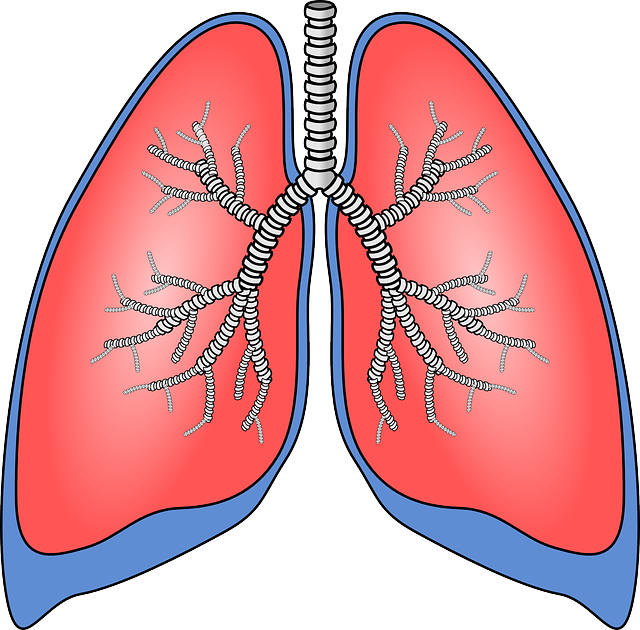1.4 million Americans have asthma, according to the CDC. Managing symptoms often comes down to a mix of inhalers and other medications, but research shows that supplements can help some people to reduce the frequency and severity of asthma attacks and other symptoms. In any case, supplements are low risk when taken in safe doses—and offer lots of other benefits—so they’re always worth trying to see if they can offer you some relief of your asthma.
Understand what’s triggering your symptoms
Asthma attacks and symptoms can be triggered by anything from grass or animal allergens to smoke or perfumes. Understanding what triggers your symptoms can help to control them, even if it’s just less frequent attacks or less severe symptoms. For example, if you notice that your asthma is worse in certain parts of your home, then you may have a pest infestation that’s causing it. Rodents, cockroaches, and bedbugs are all common triggers for asthmatic flare-ups, so if your symptoms are worse at home, particularly in the kitchen or at night when you’re trying to sleep, it’s a good indication to look for pests and remove them. Hopefully, this will then relieve the intensity of your asthma.
Choline can relieve asthma attacks
Choline is a B vitamin that studies have found can reduce the frequency and severity of asthma attacks, according to the University of Maryland Medical Center. The research was originally tested on mice in 2014 and was published in an issue of Free Radical Biology & Medicine. The study found that a combination of choline, vitamin C, and selenium as a nasal spray helped to treat allergies in mice. Ideally, doses need to be at three grams a day for adults. It’s recommended that you consult with your doctor first to make sure it’s safe for you to take this dose and won’t affect your other medications.
Caffeine supplements to reduce inflammation
It’s believed that caffeine contains compounds that help to slow the inflammation process that’s often responsible for asthma attacks, according to a study published in Pharmacology & Therapeutics. The study suggests that you may need up to three cups of coffee a day to see the benefits, which can be too much for some people. Taking caffeine in supplement form can be a more efficient option. Caffeine supplements for asthma are best used to try to reduce the frequency and severity of asthma symptoms and attacks and shouldn’t be relied on during an asthma attack.
Asthmatics often have low magnesium levels
It’s not uncommon for someone with asthma to also have a low magnesium level, so supplementing with magnesium can be essential to boost this. Magnesium in the form of a breathable spray has been shown to open the bronchial tubes and improve airflow during a severe asthma attack, according to a 2016 study published in Drug Design, Development and Therapy. It’s unclear whether oral supplements can help with everyday asthma symptoms, but they’re considered very safe when taken in recommended doses; and can help to control any deficiencies that you may already have. Again, talk to your doctor to see what the highest dose is that you can safely take.
No supplements can guarantee full relief and control of asthma symptoms and attacks, so they should never be solely relied on. However, plenty of research suggests that they can significantly help to reduce your dependency on medications, so try some to see what works for you. Always consult with your doctor first to make sure the doses you take are safe and won’t affect your prescription medication.







Leave A Comment
You must be logged in to post a comment.